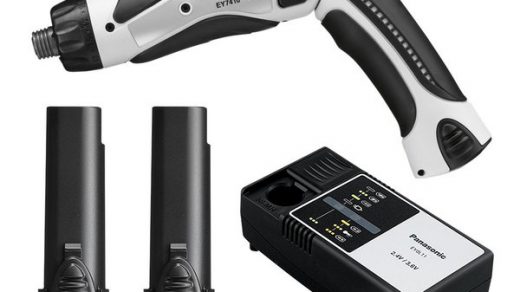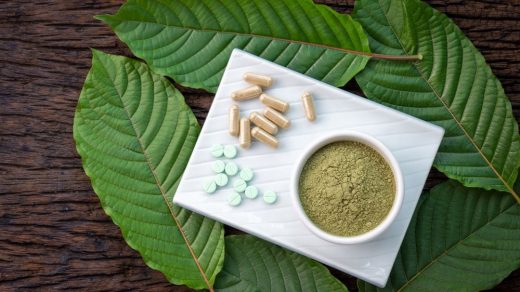China produces quite a large percentage of the world’s goods, and that means that quality control is extremely important. Not only does it prevent accidents and injuries, but it makes sure that items are being delivered to customers with the level of quality they were expected to have. But what might be different about China’s handling of product inspection compared to many other areas of the world?
PSI Tests
One of the most notable forms of quality control in China is PSI, also known as Pre-Shipment Inspection. These are on-site tests performed at the factory or warehouse that holds the products being tested and is meant to be a final check before the items are sent off to be shipped to other countries. In most cases, they take place when there is less than 20% of the order left to pack, using a sample of the products to estimate the quality of each batch.
The nature of a PSI test essentially makes it an FRI (Final Random Inspection), since a random sample of the products are taken and tested just before they are allowed to leave the warehouse or factory that they are stored in. This means that they are truly random tests that will usually make it easier to pick out obvious flaws.
These are often the last tests done before a batch of products is shipped off to be delivered overseas, making them extremely useful for performing other inspections at the last possible moment if you suspect that something might be wrong with a particular case or container of products.
How are they arranged?
In many cases, a business that wants a consistent PSI system will hire an outside company to perform the checks. This often means that the company testers are scheduled in for a specific date and time shortly after most of the products are almost ready to ship. The random sampling of the goods is also meant to be completely random, making it much more likely that major defects won’t be missed purely by chance.
Hiring a company to perform a pre shipment procedure like this can be relatively simple since there are many companies in China that specialize in product inspection of this type. However, they need to be aware of the nature of the products ahead of time, since they might have to call in specialists to test niche products.
What do they check?
PSI tests are meant to check multiple different details of each product in question, identifying faults and finding points where certain features may have been installed incorrectly. The exact purpose of each check depends on the products being tested since certain items will be much more difficult to test than others.
In general, a PSI check will include these factors:
- Overall workmanship and quality.
- Style and color accuracy.
- Dimensions and weight, relative to the expected weight and size.
- If the product is multiple items in one container, quantity.
- Packaging reliability.
- Functional tests.
- Durability and safety.
- Client requirements.
Why does it matter?
One of the biggest benefits of any product test is the ability to find dangerous faults or issues that would otherwise be missed. For example, if you find that a certain batch of electronic devices has exposed wires or other major defects, you can avoid sending them out to make sure that your customers don’t hurt themselves with the faulty devices. It also means that you can catch problems that would lower your company’s reputation or open you up to being sued.
Another major reason to focus on PSI tests is the improvements it can offer to the supply chain. Compared to other forms of testing that might require a lot more time to perform, this skips a lot of the waiting while still giving an accurate look at any problems with the tested products as a whole. Since PSI tests take place just before a product is shipped, they almost act like final checks.
Finally, there’s the fact that they can catch details other tests miss. Having outside testers come in to test random samples of the products can sometimes reveal flaws that normal employees would miss when inspecting an entire batch, which can be important when dealing with large amounts of products that are difficult to test consistently.




Recent Comments